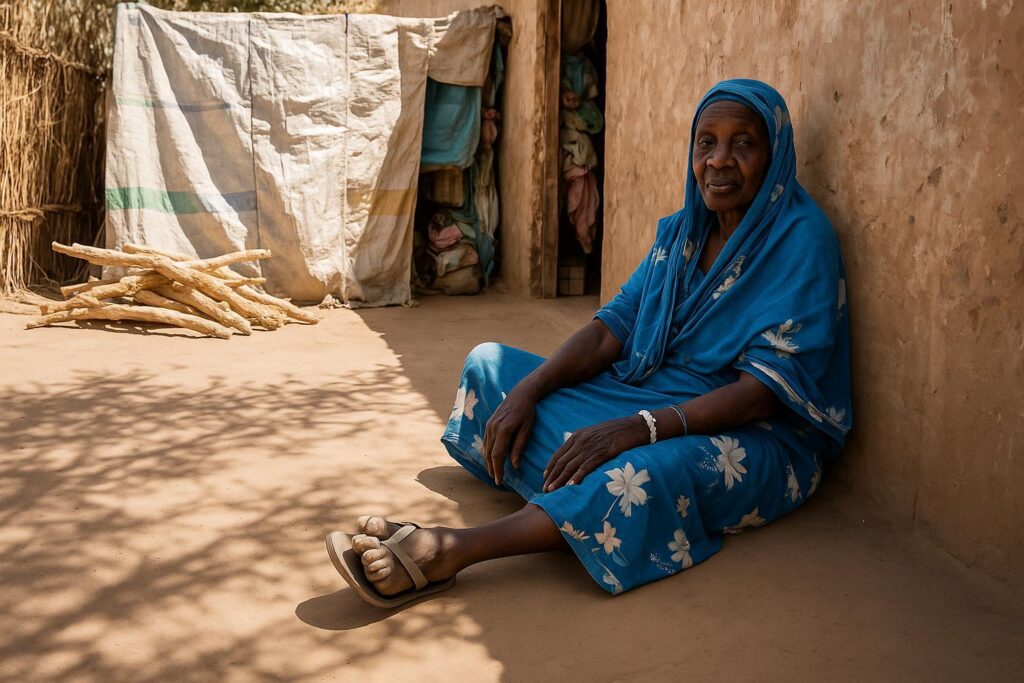Rising Pressure on Warring Parties
Thirty donor countries—including the EU, Canada, and Japan—issued a rare unified statement urging Sudan’s combatants to protect civilians in North Darfur and Kordofan. The call singles out the Rapid Support Forces, asking them to lift their year-long siege of El Fasher.
Diplomats frame the appeal as an urgent humanitarian measure rather than political intervention, echoing earlier Security Council language that demands unimpeded aid flows throughout Sudan’s conflict zones.
Siege Deepens Humanitarian Crisis
El Fasher, the last North Darfur capital still under Sudanese Armed Forces control, has been encircled by RSF fighters since mid-2024. Trade routes are cut, community kitchens closed, and staple prices have quadrupled, residents report via local radio.
The donor memo says famine gripped displacement camps by August 2024. More than sixty deaths from malnutrition were logged in one recent week, while a fast-moving cholera outbreak is expanding through overcrowded shelters on the outskirts.
Allegations of Atrocities and Legal Scrutiny
Citing field reports, donors warn of sexual violence, targeted destruction of civilian sites, and mass killings such as the April 2025 attack on Zamzam camp that allegedly left 1,500 dead. Abu Shouk camp was hit last month, with at least forty fatalities.
The International Criminal Court prosecutor has publicly stated there are reasonable grounds to believe war crimes and crimes against humanity have been perpetrated in Darfur, keeping the prospect of future indictments on the table.
Demands for Safe Corridors and Ceasefire Renewal
Signatories urge the RSF to comply with Security Council Resolution 2736 by lifting the blockade, declaring a humanitarian pause, and allowing civilians safe passage. They likewise call on the SAF to reopen the Adre crossing and streamline paperwork for aid convoys.
“Protecting civilians and enabling relief cannot wait,” reads the statement, pledging diplomatic support to agencies operating under what one aid coordinator describes as “some of the toughest conditions seen since Darfur’s war began in 2003.”
Regional Implications and Next Steps
Analysts note that a prolonged siege could destabilise trade corridors stretching from Port Sudan to Chad, with ripple effects on Central African economies already strained by global inflation.
Envoys expect the donor coalition to press for stronger African Union involvement at upcoming summit talks. Whether the warring parties heed the call may determine if Darfur’s humanitarian gap narrows before the next lean season.


